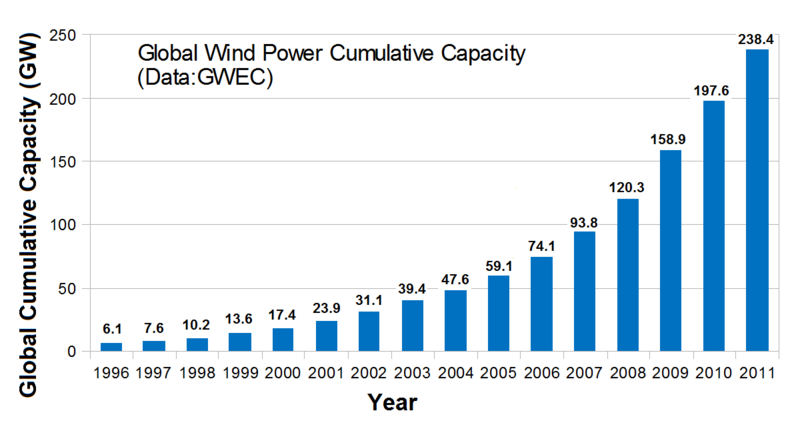I know some wish for this topic to just go away but it is one with far reaching implications for our nation's economic health - And a healthy housing market depends on a healthy nation.
I have just found this [long] paper and it is only a month old so highly relevant. It focuses on the costs of wind power but in a broad sense. It addresses the differences in opinion I have had with Aaron and others.
THE IMPACT OF WIND POWER ON HOUSEHOLD ENERGY BILLS was published by The Global Warming Policy Foundation and you should read who they are to decide on their credibility. I believe the writer to be well credentialed for the task.
http://thegwpf.org/images/stories/gwpf-reports/hughes-evidence.pdf
I have just found this [long] paper and it is only a month old so highly relevant. It focuses on the costs of wind power but in a broad sense. It addresses the differences in opinion I have had with Aaron and others.
THE IMPACT OF WIND POWER ON HOUSEHOLD ENERGY BILLS was published by The Global Warming Policy Foundation and you should read who they are to decide on their credibility. I believe the writer to be well credentialed for the task.
http://thegwpf.org/images/stories/gwpf-reports/hughes-evidence.pdf

